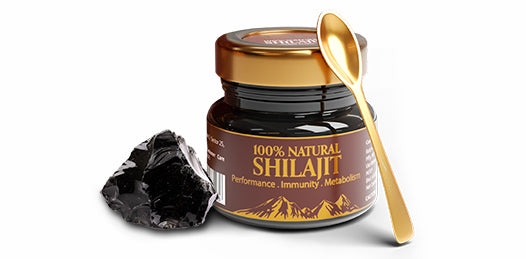
Vitamin C, also known as ascorbic acid, is a remarkable nutrient that offers numerous benefits for our overall health. As a water-soluble vitamin, it plays a crucial role in enhancing iron absorption, boosting the immune system, and promoting wound healing. However, its benefits extend far beyond these functions. In this comprehensive guide, we will explore the optimal usage and timing of Vitamin C, while highlighting its amazing benefits for our skin.
Importance of Vitamin C:
Vitamin C is an essential nutrient that our bodies cannot produce on their own. Therefore, it is crucial to obtain it through dietary intake, primarily from fruits and vegetables. This vitamin is a key component of connective tissue and supports various vital functions in our bodies. Additionally, Vitamin C acts as a potent antioxidant, neutralizing harmful free radicals and reducing the risk of oxidative stress-related diseases.
Some excellent sources of Vitamin C include:
- red and green peppers
- oranges, grapefruits
- kiwi
- lemon
- strawberries
- spinach
- tomatoes
- green leafy vegetables
- guava
By consuming these foods regularly, you can maintain optimal levels of Vitamin C in your body.

Unleashing the Benefits of Vitamin C for Skin Health
The skin, being the largest organ of our body, requires proper care and nourishment. Vitamin C plays a pivotal role in maintaining healthy skin. However, aging and photodamage can lead to a decrease in Vitamin C levels, which negatively affects the skin's appearance and overall health. Fortunately, topical application of Vitamin C can help replenish and revitalize the skin.
When it comes to topical application, the formulation of the cream or serum is crucial for effective absorption. Vitamin C, as a water-soluble and charged molecule, faces challenges in penetrating the skin's physical barriers. It can, however, partially permeate the skin when it is available as ascorbic acid and when the pH is lower than 4.

Rejuvenating Effects of Vitamin C on the Skin
Vitamin C offers a range of benefits for skin health and appearance. It promotes collagen formation and stabilizes collagen molecules, which reduces the formation of wrinkles and sagging skin. Additionally, Vitamin C acts as a potent antioxidant, protecting the skin from
environmental pollutants and UV-induced damage. It also aids in decreasing melanin production, making it useful in treating hyperpigmentation.
Furthermore, Vitamin C improves skin tightness, enhances skin tone, and assists in the production of barrier lipids, making it beneficial for rough and dry skin conditions. Moreover, it plays a crucial role in wound healing, helping the skin repair and regenerate more efficiently.
Mastering the Usage of Topical Vitamin C
When using Vitamin C topically, it is important to consider the concentration and frequency of application. A maximum concentration of up to 20% is generally recommended for topical use. It is advisable to start with once-daily application and gradually increase to twice a day to allow the skin to adjust.











